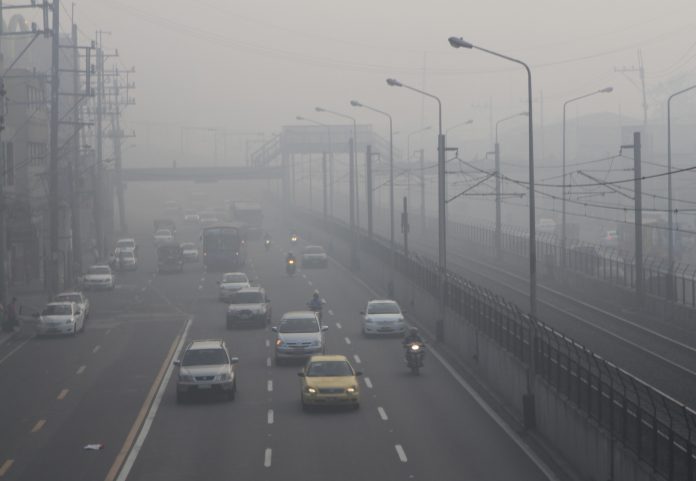The Philippines said on Friday it was revising up its target to cut greenhouse gas emissions to a 75% reduction by 2030 under its commitment to the Paris Agreement on Climate Change, up from a target of 70% set four years ago.
Finance Secretary Carlos Dominguez III, who also chairs the country’s Climate Change Commission, described the new target as “ambitious,” though some environmental activists called on the government to do more.
Breaking down the target, 72.29% is conditional on the support of climate finance, technologies and capacity development provided by developed countries, as prescribed by the Paris Agreement.
The Paris Agreement, which came into force in 2016, aims to transform the world’s fossil-fuel-driven economy within decades and slow the pace of a global temperature increase to well below 2 degrees Celsius.
The Philippines ratified the agreement in 2017, allowing Manila access to the Green Climate Fund, which aims to channel billions of dollars to help poor nations tackle global warming.
The remaining 2.71% of the target should be implemented mainly through domestic resources, the Department of Finance said in a statement.
Under a “business-as-usual” scenario, the government estimates the Southeast Asian country’s overall emissions during the 2020-2030 period will be 3,340.3 metric tonnes of carbon dioxide equivalent (MTCO2e).
Greenpeace, however, called on the government to do more and for the Department of Energy to speed up the country’s energy transition.
“Following the administration’s pronouncements to fast track renewable energy and for a moratorium on new coal proposals, the energy department should be doing much more to put their words into action,” the environmental organization said in a statement.









